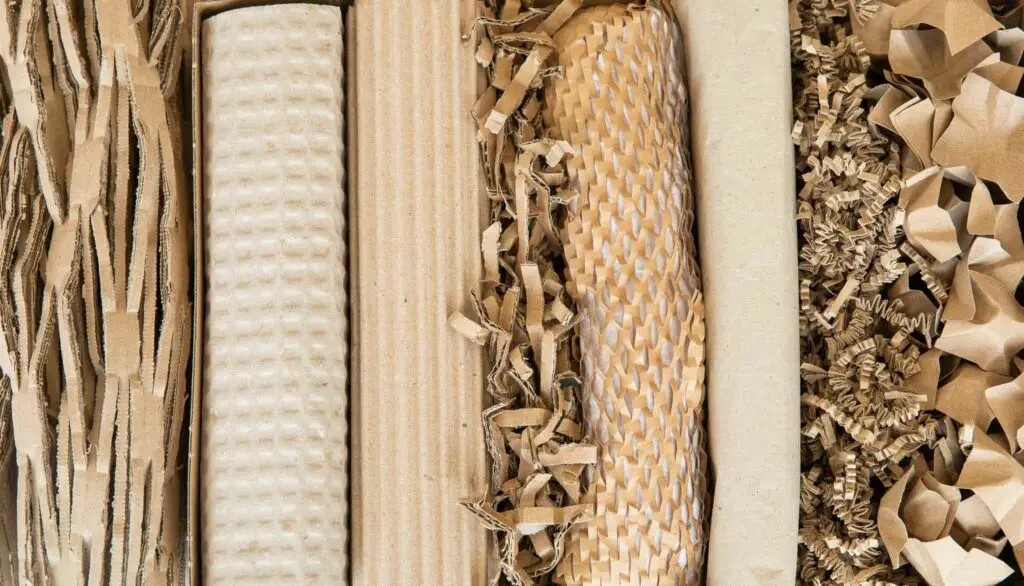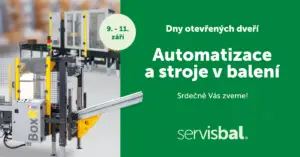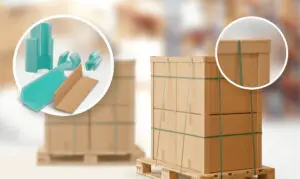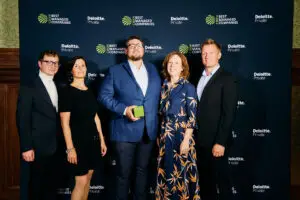Recycled
3. Recycled
Recycling is the process of dealing with waste that leads to its reuse. Of course, no material can be recycled indefinitely, and unfortunately, even during the recycling process there is some environmental impact, but the more times the material is used, the better. The main benefits of recycling are the reduction of the need to extract new raw materials, the recovery of waste instead of dumping it on a landfill, and the overall saving of the environment.
3
Packaging can be made from natural substances that are easily degradable and can be returned to the biosphere, or from synthetic substances that can be extracted and reused. A circular economy, as far as packaging is concerned, works with the idea that waste doesn’t actually exist – the biological and technical components of a product are deliberately designed to circulate so that they can be broken down into raw materials and reused. Substances of biological origin are non-toxic and can therefore be composted. Synthetic substances are designed to be reused with a minimum amount of energy.
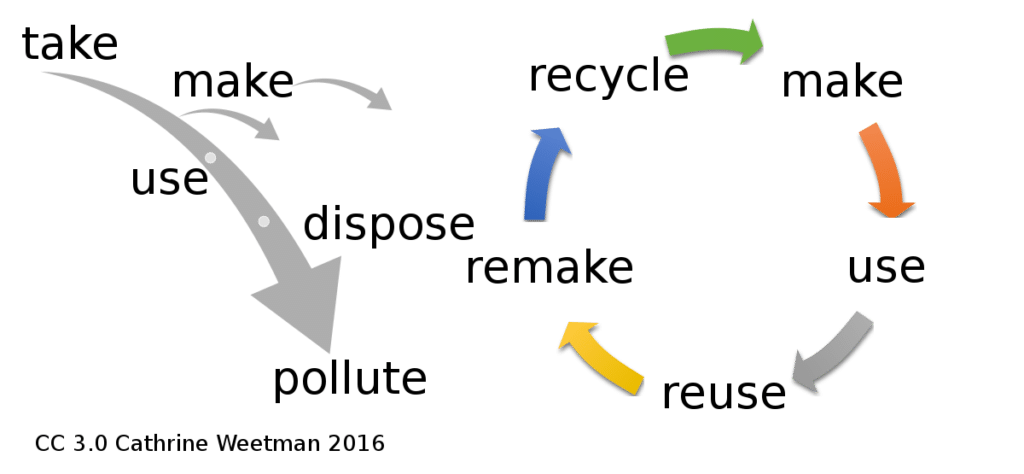
Real life examples
Eco-friendly filling material
Kartofix - fixation from used cartons
Recycled packaging produced by the customer using a simple machine.
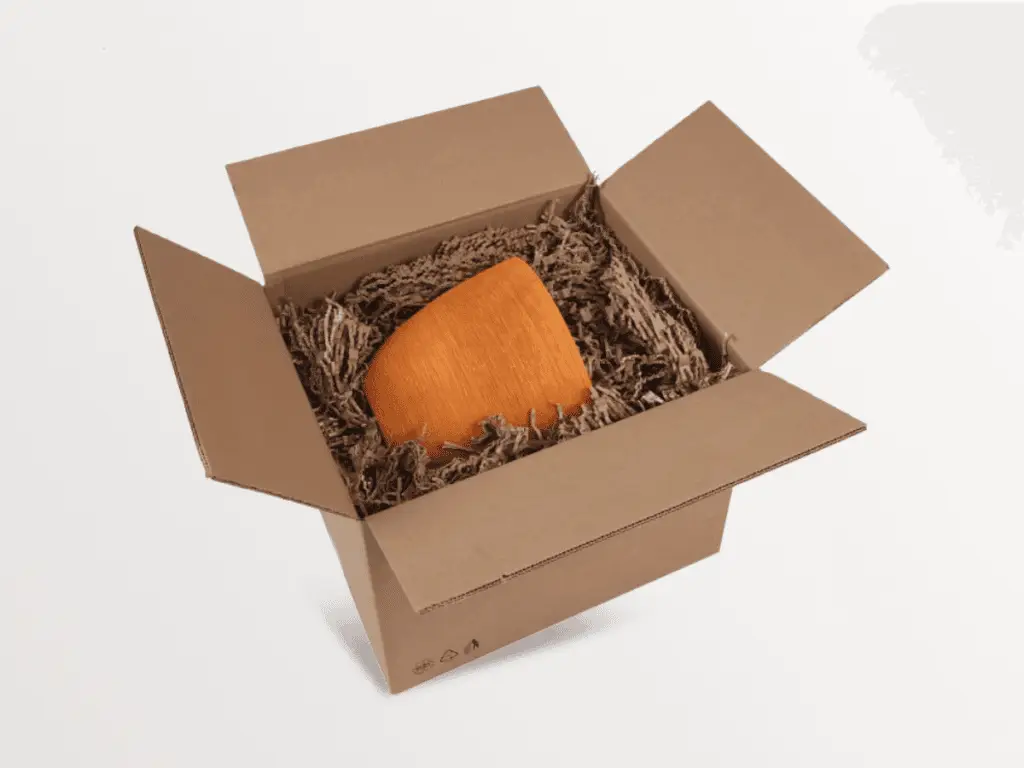
5 principles of eco-friendly packaging
The use of packaging in practice determines its sustainability as much as the packaging itself. We have defined and follow 5 basic procedures.

